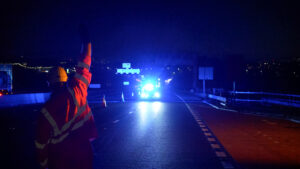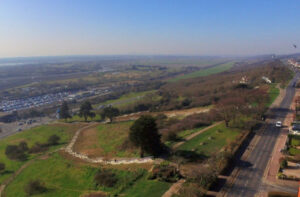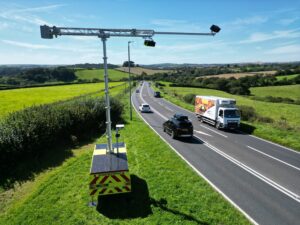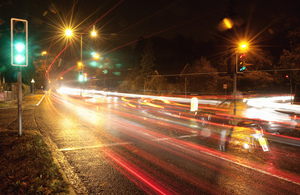Safer, greener roads are set to be trialled in two areas across Southend-on-Sea as the council looks to keep residents safe, tackle speeding and reduce vehicle emissions.
Reducing speed limits to 20mph in residential streets has a number of positive impacts, including increased safety for local residents, and can reduce vehicle emissions.
The proposals for 20mph pilot areas follow detailed discussions with local ward councillors and vehicle speed surveys carried out in the Thorpe, Leigh and West Leigh wards which identified a high percentage of vehicles speeding in these areas.
Roads included in the proposals are:
Thorpe ward:
- Area bounded by Thorpe Hall Avenue, Thorpe Bay Gardens, Maplin Way and Station Road
- Shaftesbury Avenue, Kensington Avenue and Northumberland Crescent
- Burges Road, Colbert Avenue and Wyatts Drive
As there is underlying historical issue of speeding on these roads, it is felt that only physical measures will have an impact on reducing speeding, so a range of measures will be introduced including raised tables, speed humps, speed cushions and kerb line build-outs.
Leigh/West Leigh wards:
- Salisbury Road
- Southsea Avenue (north and south of Glendale Gardens)
- Lymington Avenue (north and south of Glendale Gardens)
- Leighville Grove
- Grange Road
The following roads already have 20mph limits and signage in place, with extra features proposed:
- Percy Road
- Westcliff Drive
- Westleigh Avenue
- Marine Avenue
- Fairleigh Drive
- Ronald Hill Grove
The proposals across these areas include a variety of measures, including 20mph speed limit signs, ’20 is plenty’ road markings and banners, raised speed tables at some road entry points and junctions.
Cllr Ron Woodley, cabinet member for transport, asset management and inward investment at Southend-on-Sea Borough Council, said: “The introduction of 20mph neighbourhoods can have a tremendous impact on road safety, which is why I am pleased to see this being brought forward. Reducing speed will greatly increase safety for local residents and drivers, and can also reduce vehicle emissions, so it’s a win-win for the Borough.
“We will carry out air quality monitoring prior to the implementation, and after, to assess air quality. I look forward to discussing this further with my cabinet colleagues.”
Studies in London suggest that 20mph speed limits see cars accelerate and decelerate less, producing lower emissions. Residential streets with 20mph limits can also encourage active forms of travel.
The trial areas will cost £500,000 to implement and will be funded using capital grant funding from the Department for Transport.
























